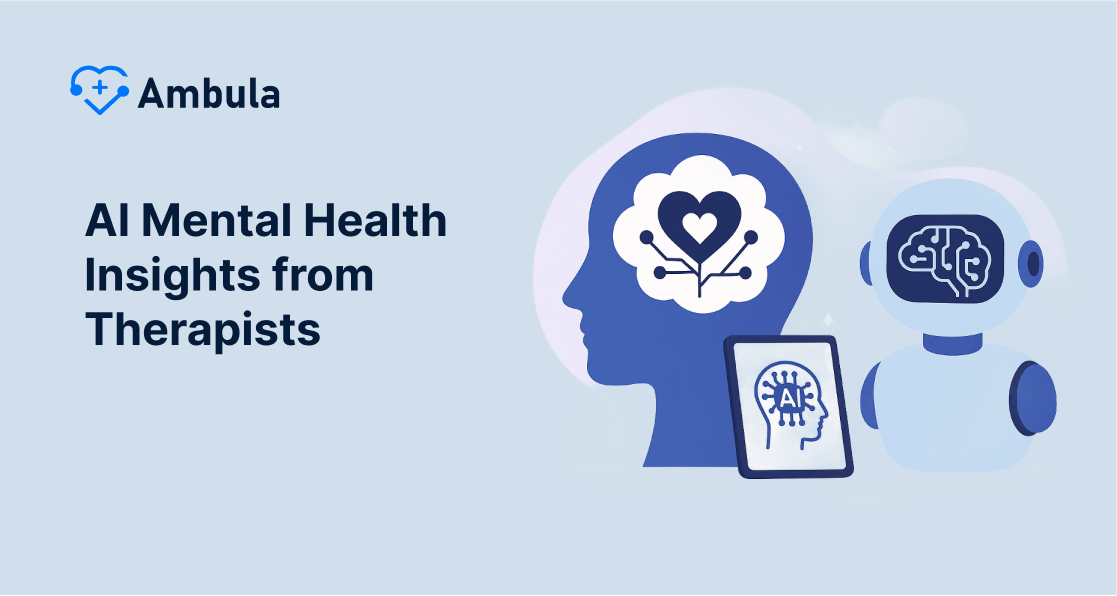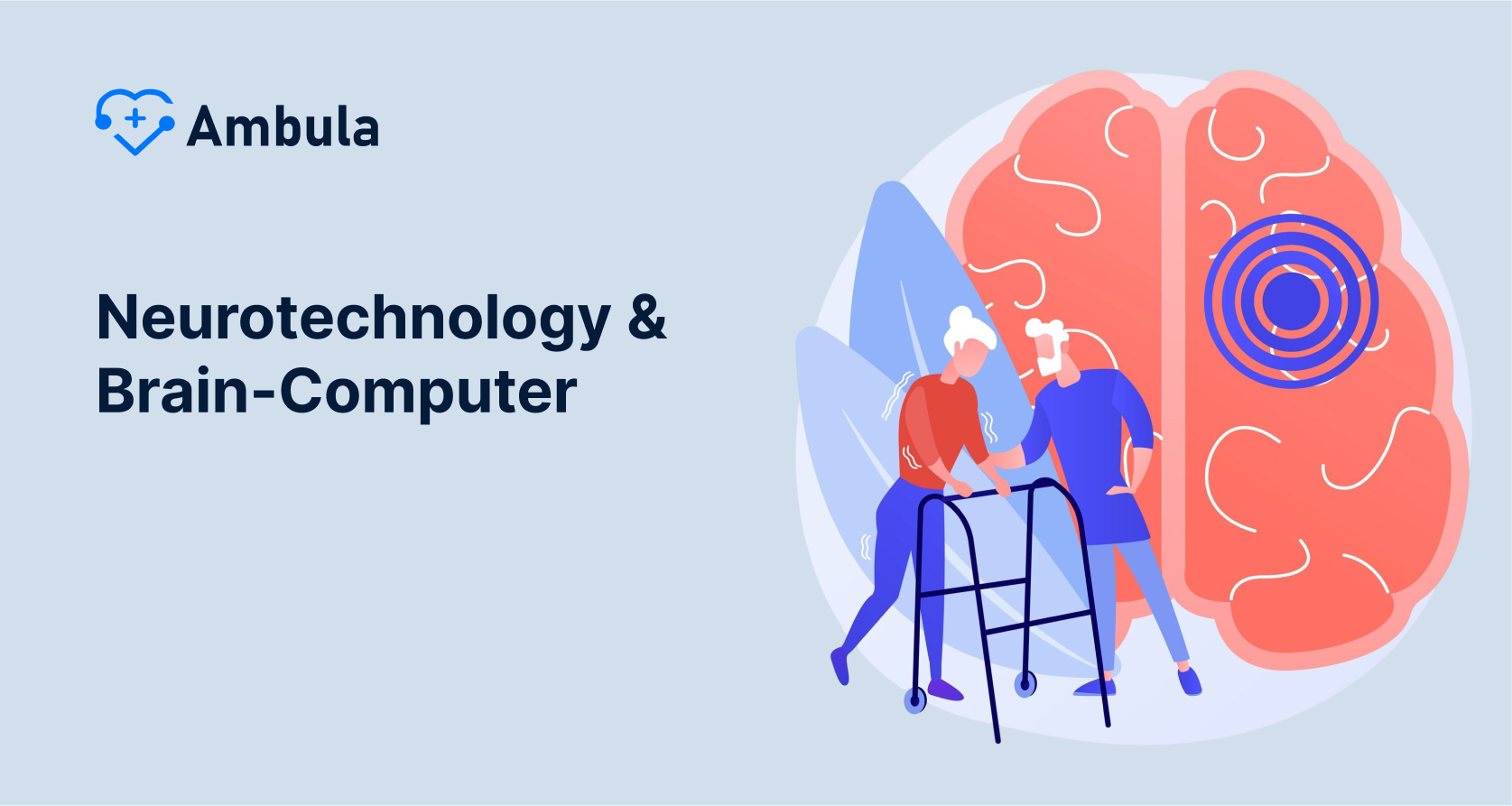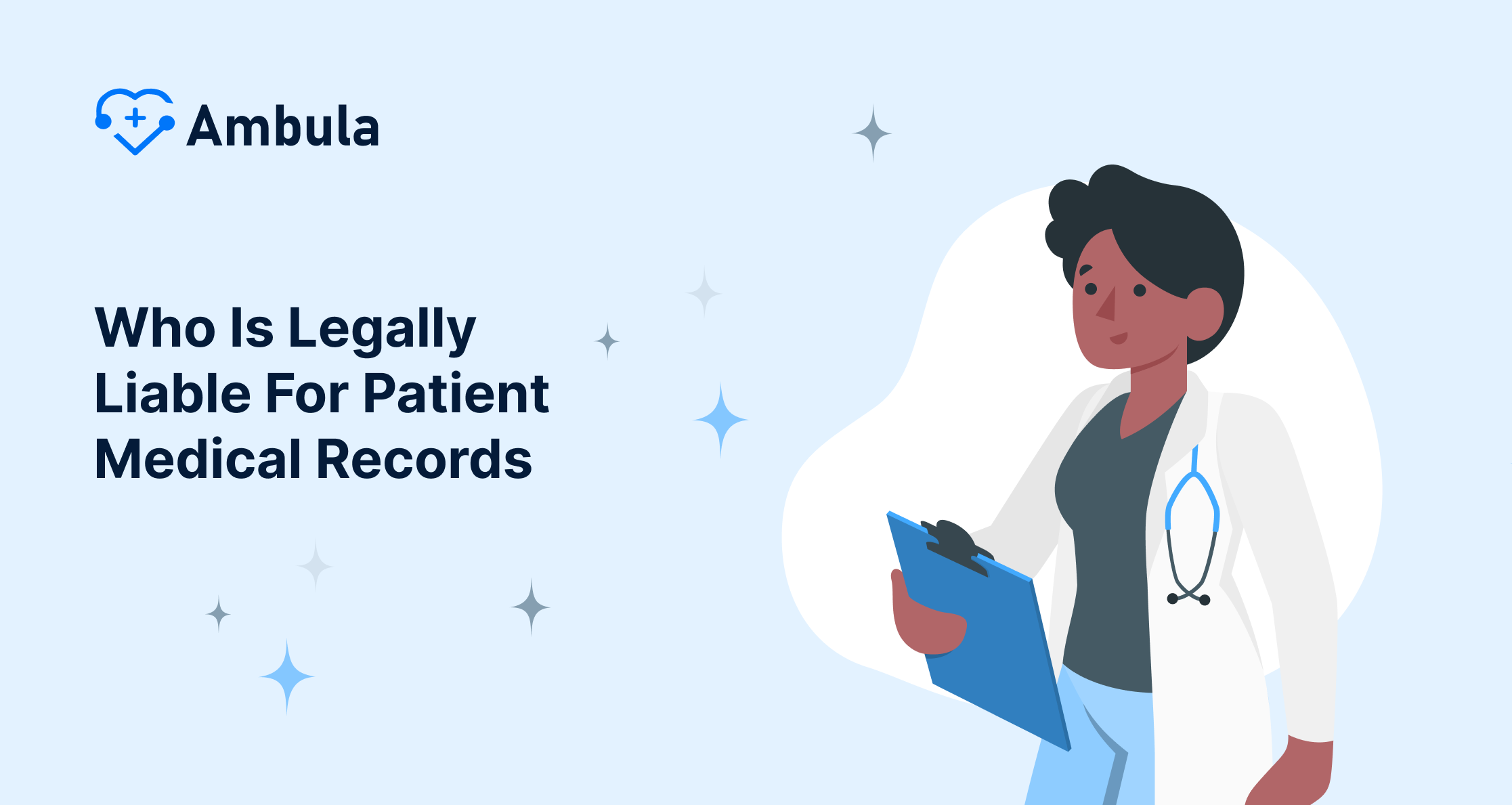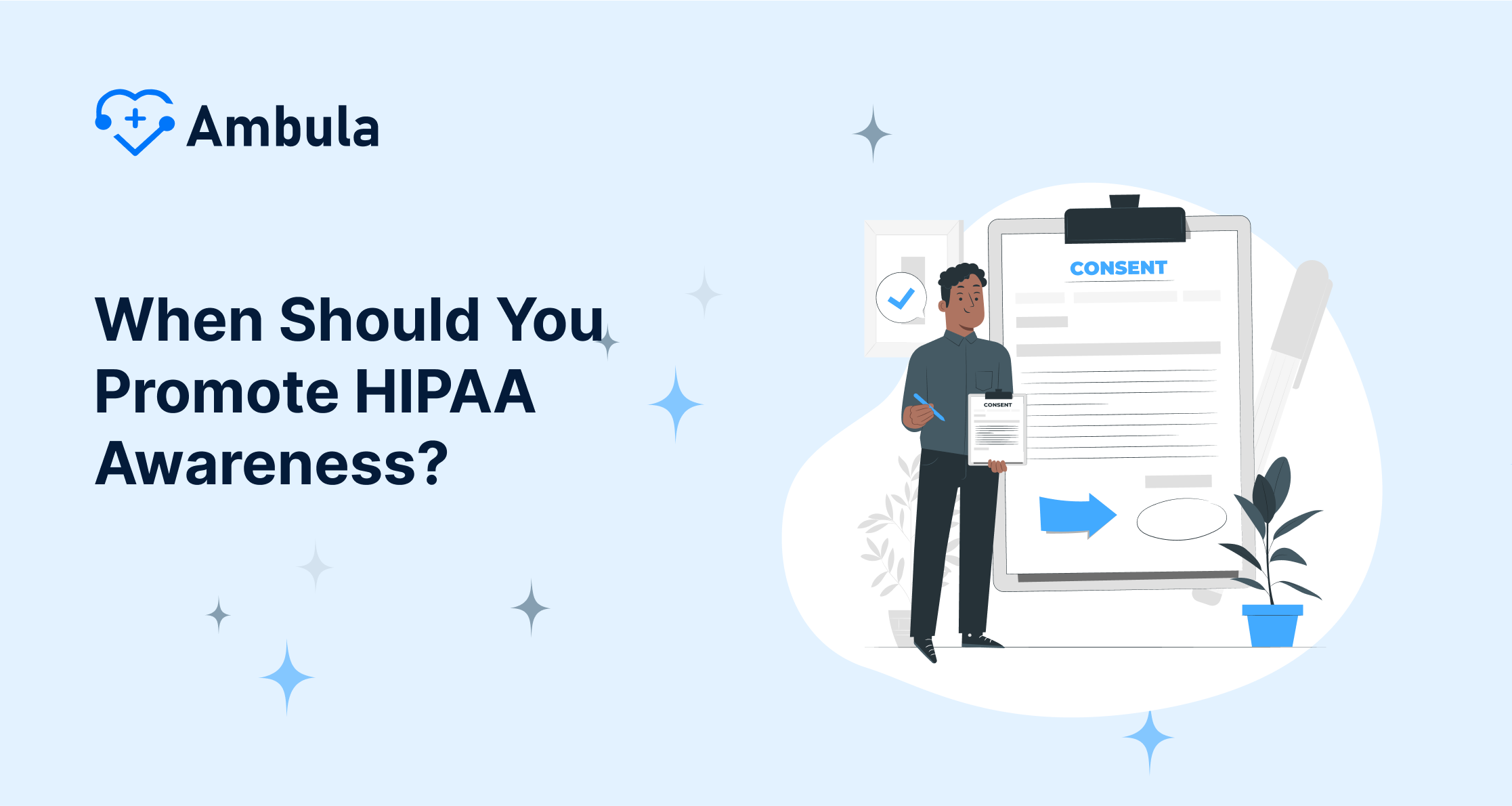In the face of the persistent and costly issue of human error in healthcare, the potential of Artificial Intelligence (AI) rises like a beacon of hope. Imagine a future where medical professionals are armed with intelligent assistants, tirelessly analyzing vast amounts of data, scrutinizing diagnoses, and suggesting interventions with unmatched precision. This is the promise of AI: a paradigm shift in patient safety fueled by technology’s ability to learn, analyze, and predict with unerring accuracy.
AI’s potential lies not just in speed and efficiency but in its ability to transcend the limitations of human cognition. Where fatigue and cognitive overload can cloud judgment, AI remains vigilant, tirelessly combing medical records, identifying subtle patterns, and flagging potential risks.
AI in Action
Here are some specific examples of how AI is currently being used in healthcare to reduce errors
Diagnostics:
- Image analysis: AI algorithms are trained on vast datasets of medical images to identify anomalies and suggest diagnoses for conditions like cancer, pneumonia, and neurological disorders. For example, a neurology specialist utilizing a neurology ehr can leverage AI-powered image analysis tools to detect subtle abnormalities in brain scans, enhancing diagnostic accuracy and reducing human error.
- Pathology: AI helps analyze digital pathology slides, flagging potential cancerous cells and aiding pathologists in making accurate diagnoses. This can expedite diagnoses and lead to quicker treatment initiation.
- Genomics: AI can analyze complex genetic data, identifying mutations and risk factors for various diseases, allowing for personalized medicine and preventive interventions.
Treatment and Medication:
- Medication error detection: AI algorithms scan electronic health records to identify potential medication interactions, overdoses, and allergic reactions before administering medication, significantly reducing medication errors.
- Dosage optimization: AI analyzes patient data and suggests personalized medication dosages, considering individual factors like age, weight, and genetic variations for improved treatment efficacy and reduced side effects.
- Surgical robots: AI-powered robots assist surgeons in minimally invasive procedures, improving precision and reducing complications. For example, robotic arms can stabilize instruments, filter tremors, and suggest optimal surgical paths.
Patient Monitoring and Prediction:
- Real-time vital signs monitoring: AI continuously analyzes patient vital signs and medical data, predicting potential complications like sepsis or respiratory failure, allowing for early intervention and improved patient outcomes.
- Readmission prediction: AI models analyze patient data to predict the risk of hospital readmission, enabling healthcare providers to implement preventive measures and improve care transitions.
- Mental health chatbots: AI-powered chatbots provide mental health support, offering confidential 24/7 access to resources and symptom monitoring, potentially reducing the strain on mental health professionals and improving accessibility.
It’s important to note that these are just a few examples, and the applications of AI in healthcare are constantly evolving. While AI holds immense potential, it’s crucial to remember it’s a tool, and its effectiveness relies on collaboration with healthcare professionals, ethical implementation, and continuous improvement.
The Vigilant Guardian Against Human Error in Healthcare
Human error in healthcare, while often unintentional, can have devastating consequences. From fatigue-induced lapses in judgment to misinterpretations of complex data, these errors highlight the vulnerability of even the most skilled professionals. Luckily, Artificial Intelligence (AI) emerges as a powerful ally in the fight against these errors, offering innovative solutions across three key areas:
Combating Fatigue and Cognitive Overload
Imagine a tireless assistant diligently completing administrative tasks, scheduling appointments, and summarizing patient records. This is the reality AI brings; automating mundane tasks often contributes to fatigue and cognitive overload in healthcare professionals. With this mental space freed up, doctors, nurses, and other caregivers can dedicate their full attention to making critical decisions and providing personalized care.
Eradicating Information Processing Errors
The human brain, while remarkable, is limited in its capacity to process vast amounts of data. This is where AI excels. Its algorithms can analyze mountains of medical records, imaging scans, and genomic data, identifying subtle patterns and correlations that might escape human eyes. This translates to more accurate diagnoses, personalized treatment plans, and proactive identification of potential risks, significantly reducing the chance of information processing errors.
Bridging the Communication Gap
Miscommunication among healthcare providers and patients can lead to devastating consequences. AI is a facilitator, utilizing natural language processing to ensure clear and accurate communication. Imagine an AI system that translates complex medical jargon into understandable language for patients or reminds healthcare professionals of crucial details during handoffs. This can significantly reduce misunderstandings and ensure everyone is on the same page, leading to better patient outcomes.
However, it’s crucial to remember that AI does not replace human expertise. Instead, it’s a powerful tool that empowers healthcare professionals, allowing them to work more efficiently, effectively, and safely. By embracing AI as a collaborative partner, we can pave the way for a future where human error is minimized and patient safety is maximized.
Beyond Technical Solutions
While AI boasts incredible potential to fight human error in healthcare, its successful implementation demands a two-pronged approach: thorough training and unwavering ethical considerations.
It is crucial to equip medical professionals with an understanding of AI’s capabilities, limitations, and seamless integration into their workflows. This fosters responsible use and builds trust in the technology. Conversely, developers must deeply understand healthcare needs and ethical principles to create solutions that resonate with medical practices and societal values.
Ethical considerations act as guiding lights. Biases present in training data can unfairly skew AI outputs, necessitating diverse datasets and constant vigilance against bias. Medical decisions require transparency and justification, demanding explainability in AI models for trust and acceptance. Patient data, the lifeblood of these systems, necessitates robust data governance policies and ironclad security measures. Finally, remember that human judgment is irreplaceable, especially in critical decisions. Human oversight and clear lines of accountability remain paramount.
Pilot programs offer a testing ground for refinement before wider adoption. Multidisciplinary teams, bringing together clinicians, engineers, ethicists, and diverse stakeholders, ensure various perspectives foster ethically sound solutions. Clear regulatory frameworks provide much-needed guidance for responsible development and deployment.
By prioritizing training and ethics, we unlock AI’s true potential in healthcare. From minimizing human error to upholding trust, fairness, and patient well-being, the collaborative efforts of healthcare professionals, AI developers, and policymakers ensure AI serves as a powerful tool for good, not a source of new risks.
Real-World Examples of AI Reducing Human Error in Healthcare
1. Early Detection of Skin Cancer: In 2020, a study published in Nature Medicine found that an AI system could detect skin cancer more accurately than dermatologists, particularly for melanomas at an early, treatable stage. This could significantly improve survival rates and reduce unnecessary biopsies.
2. Medication Error Prevention: In a 2019 study published in the Journal of the American Medical Informatics Association, an AI system was implemented in a hospital to identify and prevent potential medication errors in real time. The system reduced medication errors by 50%, potentially saving lives and improving patient safety.
Unveiling the Shadows: Challenges and Risks of AI in Healthcare
While AI’s potential to combat human error is undeniable, its healthcare journey has challenges and risks. Acknowledging these shadows to ensure responsible implementation and maintain trust in this powerful technology is crucial.
1. Bias and Algorithmic Fairness: As with any algorithm, AI in healthcare can inherit and amplify biases present in its training data. This can lead to biased diagnoses, treatment recommendations, and resource allocation, disproportionately impacting marginalized groups. Mitigating this requires:
- Diverse datasets: Ensuring training data reflects the diversity of the population AI serves.
- Algorithmic fairness audits: Regularly audit algorithms for bias and implement mitigation strategies.
- Human oversight and accountability: Maintaining human involvement in critical decisions to ensure fairness and equity.
In conclusion, the potential of AI to combat human error and enhance patient safety in healthcare shines brightly. By addressing issues like fatigue, information overload, and communication gaps, AI acts as a vigilant guardian, freeing up mental space for critical decisions, analyzing vast amounts of data for accurate diagnoses, and ensuring clear communication through natural language processing. However, unlocking this potential hinges on thorough training for healthcare professionals and rigorous ethical considerations surrounding bias, transparency, data privacy, and human oversight.




